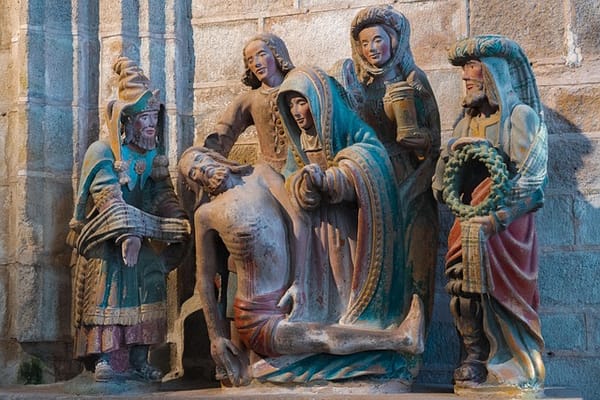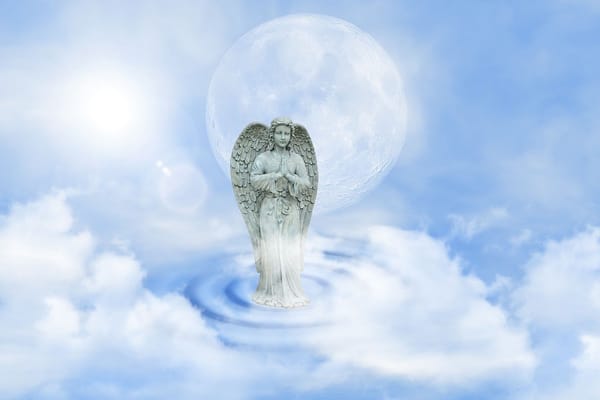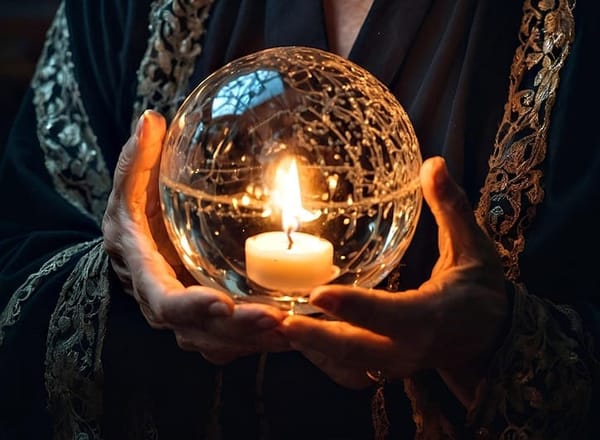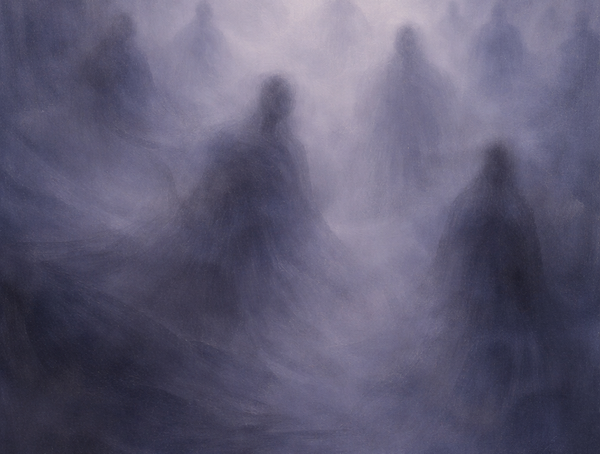The Future of the Higher-Self
Human consciousness will no longer experience “truth” as an abstraction or “law” but as living participation in one another’s being.

Human consciousness will no longer experience “truth” as an abstraction or “law” but as living participation in one another’s being.


Before moving further, it may help to situate what follows clearly as interpretation and synthesis, since Rudolf Steiner left only fragmentary remarks about the later cultural epochs. What we can do is trace the logic implicit in his chronology and in how he describes the evolution of human faculties.
Below is a careful outline, phrased so as to show both the continuity of ideas and the open, exploratory spirit that Steiner always asked students to keep.
Core faculty: Spirit-Self (Manas) — the moralization of thinking
Guiding impulse: Brotherhood through Love
Seed preparation: our present fifth epoch, especially 1900–2200 AD
Human consciousness will no longer experience “truth” as an abstraction or “law” but as living participation in one another’s being.
The I AM will perceive itself in the other; knowledge and compassion will be identical acts.
This does not mean utopian sentimentality—it means that moral intuition becomes method, as exact as today’s mathematics but warm with empathy.
In Steiner’s symbolism, the sixth epoch is the first truly Christian culture—not confessional, but embodying the Christ principle in social substance.
Steiner placed its geographical center in the Slavic regions and Eastern-Central Europe, not because of ethnicity but because of a soul mood still capable of communal feeling.
Other regions—especially America—will contribute technical and individual capacities that must be redeemed and integrated.
The danger: if those Western gifts remain un-Christed, they solidify into an ahrimanic world-machine; if the Eastern receptivity is not individualized, it dissolves into luciferic mysticism.
The sixth epoch reconciles both through conscious fraternity.
In the fifth epoch, intelligence has incarnated into matter: machines, algorithms, global networks.
In the sixth, the human being learns to re-ensoul technology.
Steiner sometimes spoke of moral technique—tools and systems that act as extensions of the good will rather than as autonomous powers.
Work becomes sacramental service; economy becomes the circulation of moral substance rather than goods alone.
This does not abolish material life—it spiritualizes it, much as alchemy sought to redeem the metals through light.
Steiner named the mood of our present epoch curiosity (seeking outer knowledge);
the sixth will be characterized by devotion—not passivity, but reverence before every being’s inner task.
Community will be less about institutions than about mutual recognition.
The archetype of the “Brother” replaces that of the “Citizen.”
You could call it a culture of transparent hearts.
Everything people of good will, today, sense, do and seek as elucidation of social questions already belongs to this threshold labour:
to think economically with empathy, politically with conscience, and culturally with freedom.
Those efforts—co-housing, ethical enterprise, cooperative education—are the laboratories of the coming world.
They do not create utopia; they prepare the organs through which a higher order can later incarnate.
By summarize the arc of evolution in that sense, we are not merely faced with today's political and social turbulence, we learn to see the various trends, where they belong, and what their future are:
From 1900 to 2200 humanity learns freedom of thought;
from 2200 to 3573 it learns love of will;
and in the sixth epoch, truth itself will become an act of brotherhood.
Hereby hopefully a freeing and an orienting rhythm comes about, without implying dogma.








